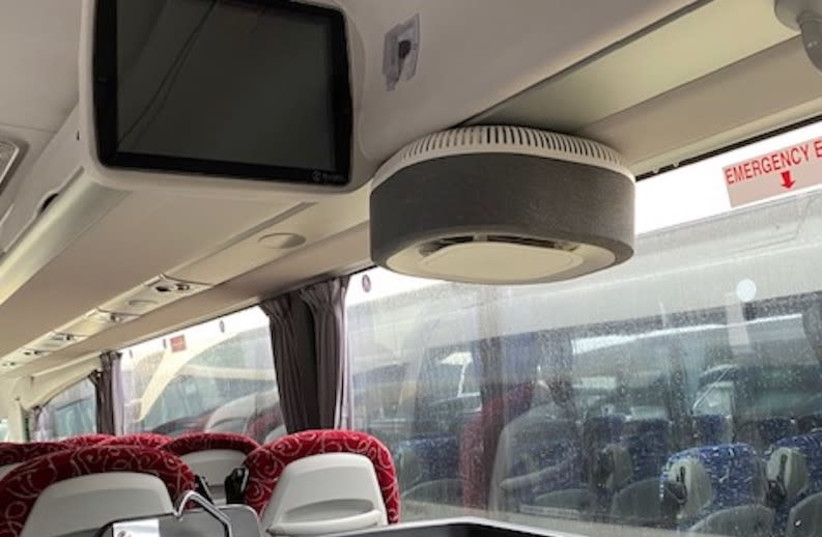Infection
Expensive air purifiers won’t necessarily keep you healthy, experts say
Despite high-powered advertisements, air-filtration systems designed to make social interactions safer in indoor spaces are not effective in the real world and don’t minimize the danger of your picking up viral infections.
That’s the claim of researchers at the University of East Anglia (UEA) who have just published a meta-analysis on efficacy of air-filtration, germicidal lighting and ionizing devices. They looked at all the available evidence but found little to support hopes that these technologies can make air safe from respiratory or gastrointestinal infections.
Prof. Paul Hunter of UEA’s Norwich Medical School, said: “Air cleaners are designed to filter pollutants or contaminants out of the air that passes through them. When the Covid-19 pandemic hit, many large companies and governments including the UK’s National Health Service, the British military, New York City, and regional German governments investigated installing this type of technology with the aim of reducing airborne virus particles in buildings and small spaces.
Air filters won’t necessarily prevent respiratory infections
They published their study under the title “Effectiveness of filtering or decontaminating air to reduce or prevent respiratory infections: A systematic review” in the journal Preventive Medicine. Research conducted during the pandemic have not yet been published but they are due soon, so they could make possible a more informed judgement about what the value of air treatment may have been during the pandemic, the team said.

“Since air-treatment technologies can be expensive, it’s reasonable to weigh the benefits against costs and to understand the current capabilities of such technologies,” Hunter said. The research team studied evidence about whether air-cleaning technologies make people safe from catching airborne respiratory or gastrointestinal infections.
They analyzed evidence about microbial infections or symptoms in people exposed or not to air treatment technologies in 32 studies, all of them conducted in real-world settings like schools or geriatric homes.
Lead researcher Dr. Julii Brainard, also from UEA’s Norwich Medical School, added: “There is a lot of existing evidence that environmental and surface contamination can be reduced by several air-treatment strategies, especially germicidal lights and high efficiency particulate air filtration (HEPA). We found no strong evidence that air treatment technologies are likely to protect people in real world settings. The combined evidence was that these technologies don’t stop or reduce illness. Our findings are disappointing, but it is vital that public health decision makers have a full picture.”
